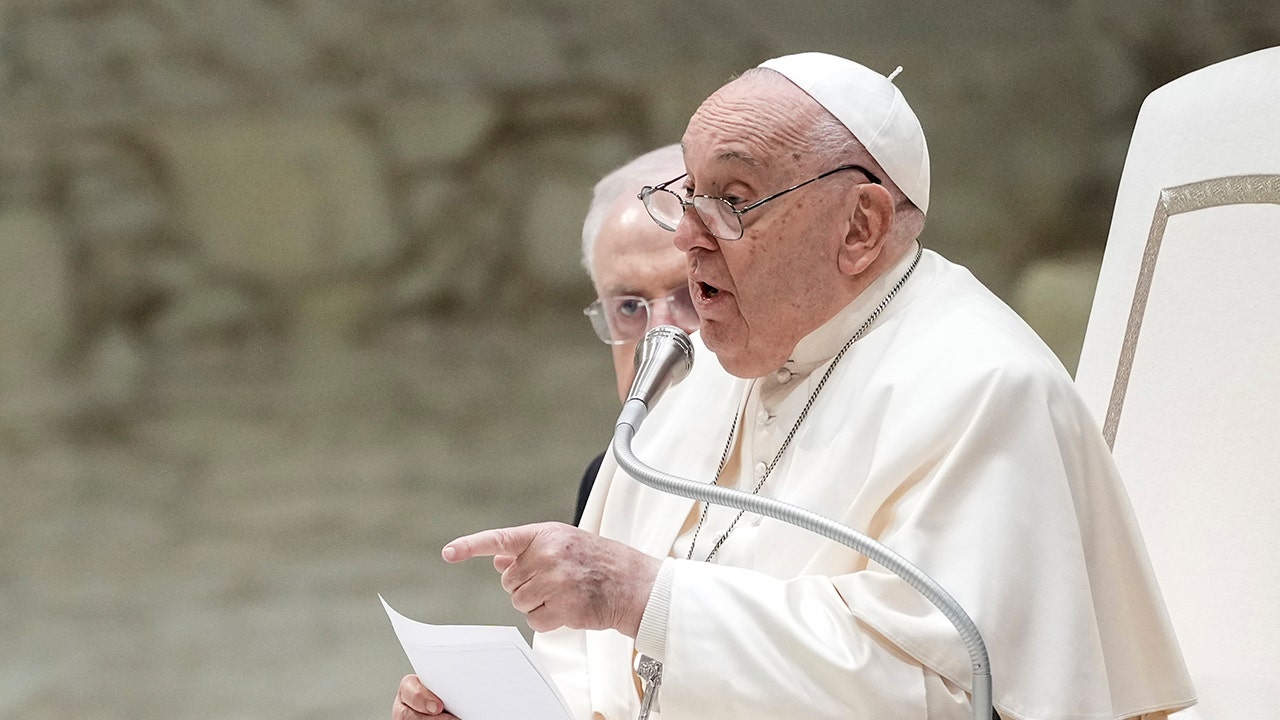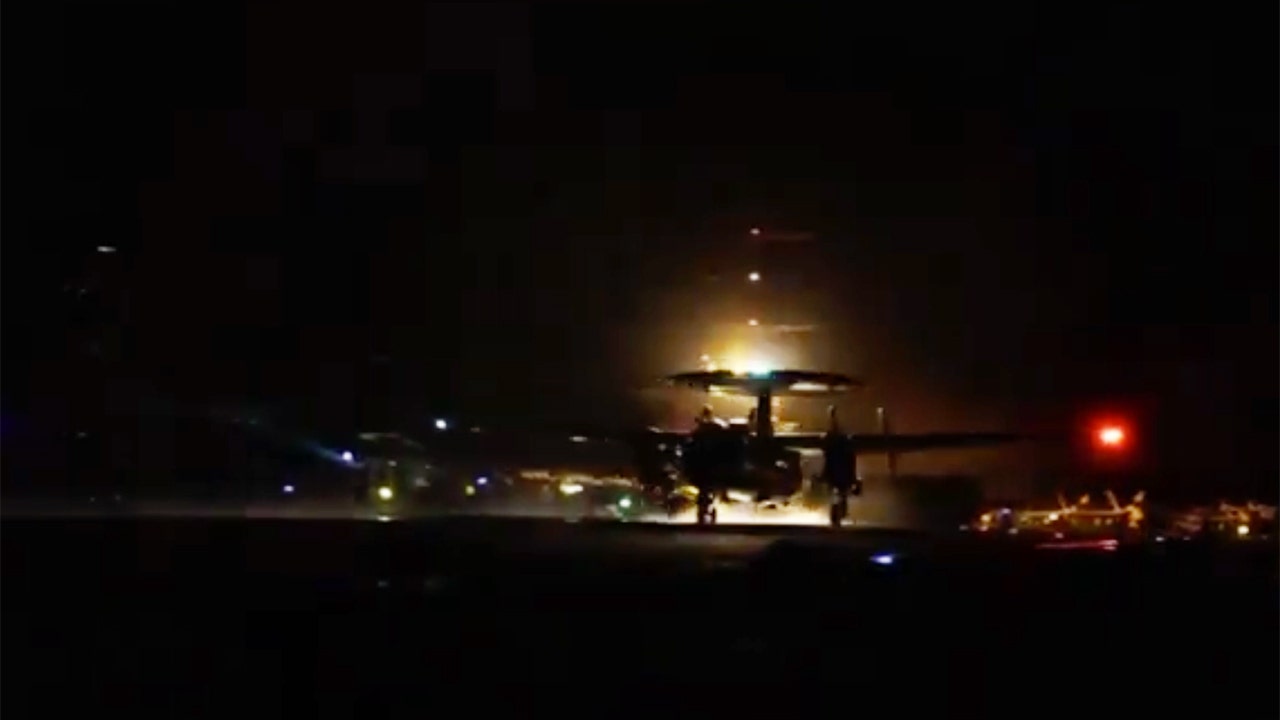When the Wiener Festwochen, a prestigious festival that brings leading international artists to Vienna, announced this spring’s lineup, the backlash was swift and fierce.
The festival had planned to make the Russian invasion of Ukraine a focus of its programming, juxtaposing an appearance by the Ukrainian conductor Oksana Lyniv with a concert by the maestro Teodor Currentzis, who has faced scrutiny over his connections to Russia. Critics, including Lyniv, had argued that the pairing was insensitive and ignored the suffering of Ukrainians.
Now, after weeks of pressure, the festival has abandoned its plan, saying that it would cancel the appearance by Currentzis while moving forward with the one by Lyniv.
“The decision was clear and there was no alternative,” Milo Rau, the festival’s artistic director, said in an interview on Tuesday. “This was the best solution from bad ones.”
Since Russia invaded Ukraine, many cultural organizations have severed ties with close associates of President Vladimir V. Putin of Russia and the government there. Some institutions have been criticized for overreach after canceling performances by Russian artists with no known connections to the government. Others have grappled with how to handle artists who had less clear-cut allegiances.
Currentzis, a Greek-born, Russian-trained maestro whose leadership of the Russian ensemble MusicAeterna turned him into one of the world’s most prominent conductors, has been at the center of the discussion because of his relationship with VTB Bank, a Russian state-owned institution that has been under sanctions by the United States and other countries. VTB Bank was the main sponsor of MusicAeterna. Currentzis has also drawn scrutiny for his association with Russian officials: In 2014, Putin awarded Currentzis citizenship by presidential decree.
Currentzis has refrained from publicly commenting on the war. But as criticism has mounted, he announced in 2022 that he would form a new international ensemble, Utopia, with the support of donors outside Russia. He continues to conduct in Russia, according to MusicAeterna’s website.
His appearance in Vienna was to be part of a tour in June with the SWR Symphony Orchestra of Germany, which he leads as chief conductor, performing Benjamin Britten’s “War Requiem.” He was to appear with the Vienna Boys’ Choir and the London Symphony Chorus.
Representatives for Currentzis did not respond to requests for comment. Anke Mai, the SWR program director, said in a statement that she regretted the Wiener Festwochen’s decision to cancel the performance. She said the orchestra had never asked Currentzis to make a statement on the war “in view of the consequences that such a statement would have for Currentzis in Russia.” She added that she believed Currentzis and the orchestra were “sending a message that cannot be misunderstood” by choosing to perform the “War Requiem,” which is a call for peace.
“All those involved would have liked to bring this message to Vienna,” Mai said. “Nevertheless, we accept the decision of the Wiener Festwochen and hope to meet again in more peaceful times.”
Rau, the festival’s artistic director, who has a reputation as a provocative stage director, said he had invited Currentzis to perform in part because he was interested in the idea of starting a conversation about art in wartime. Lyniv was also invited to lead the Kyiv Symphony Orchestra and the National Choir of Ukraine in a performance of the Ukrainian composer Yevhen Stankovych’s oratorio “Kaddish Requiem,” written to remember the 1941 massacre of Jews near Kyiv by Nazis.
Rau said he was troubled by Currentzis’s ties to Russian institutions. But he said he felt he had created a context in which he could appear.
“We decided this would be a nice thing to try to have this exchange,” he said. “It was very intentional to say that we want to have something that is difficult and that is questionable.”
Soon after the plans were announced, Lyniv issued a statement in protest, saying that she worried about “whitewashing” Currentzis.
“I cannot be responsible to the almost 150 musicians who are traveling to Vienna from the war in Ukraine to be put in the same context as Teodor Currentzis,” she said in a statement at the time. “Currentzis’s connections to Russia and his silence on this war of aggression against my homeland make it impossible for me to appear in a context with him at the moment.”
Lyniv, who is in New York this month preparing to conduct “Turandot” at the Metropolitan Opera, said she was pleased by the festival’s decision but declined to comment further.
As he searched for a solution, Rau spoke in recent days with artists and administrators. He said that he had received more than 50 messages about his decision to cancel the performance by Currentzis, many of them critical.
“The festival is big; we have 35 productions,” he said. “But in this specific case I failed, and I’m sad about it. But I’ve failed so many times. It’s part of the job.”





